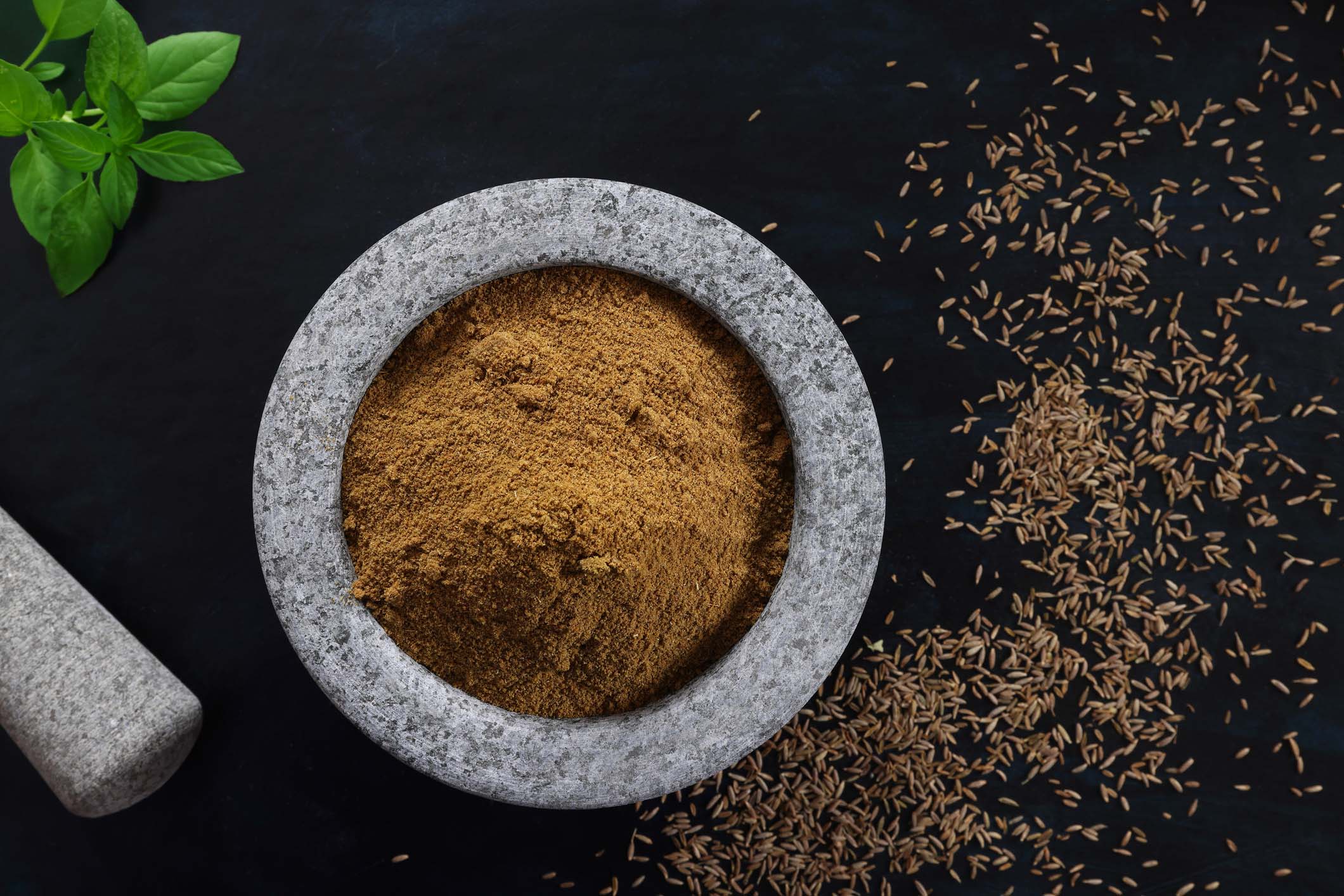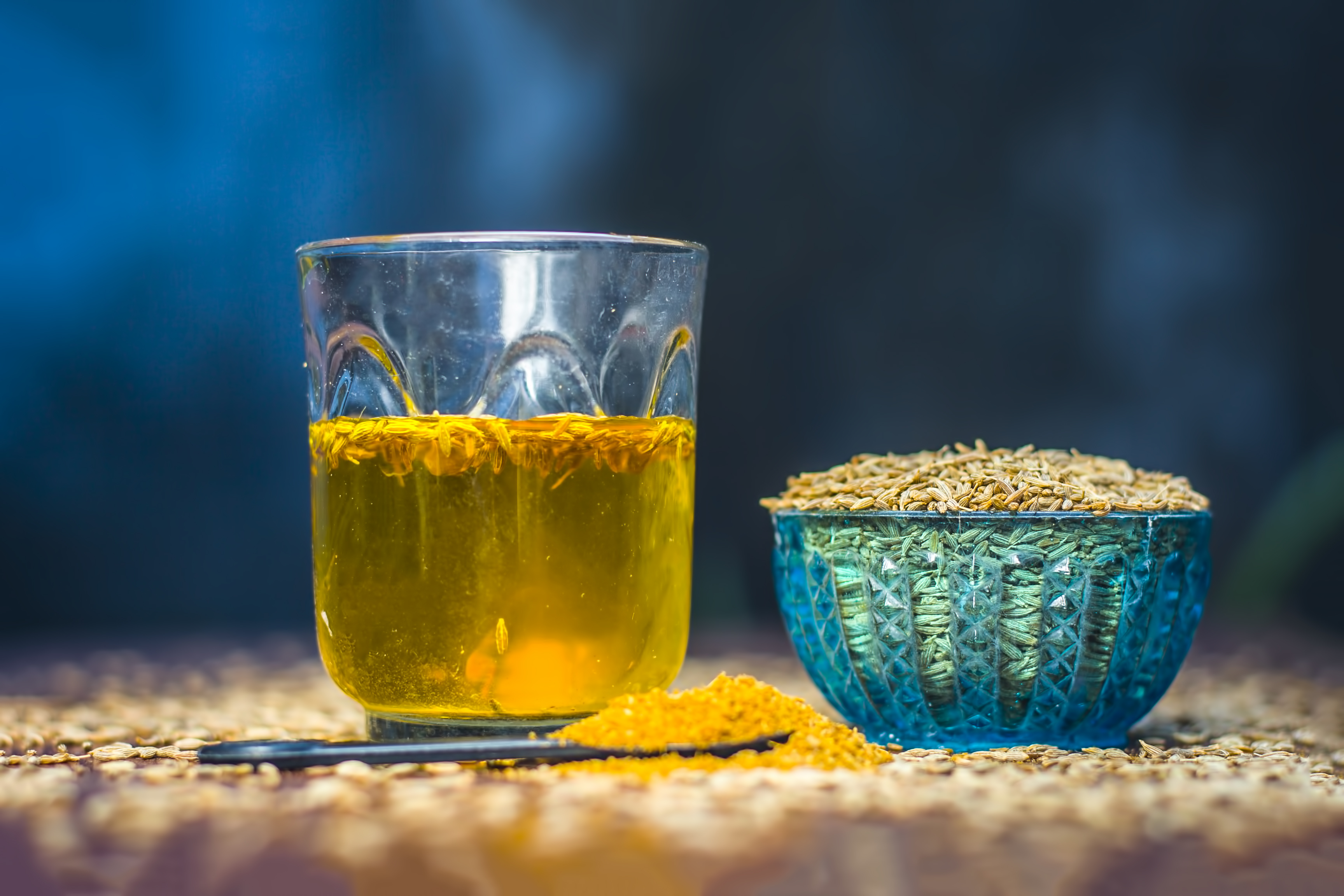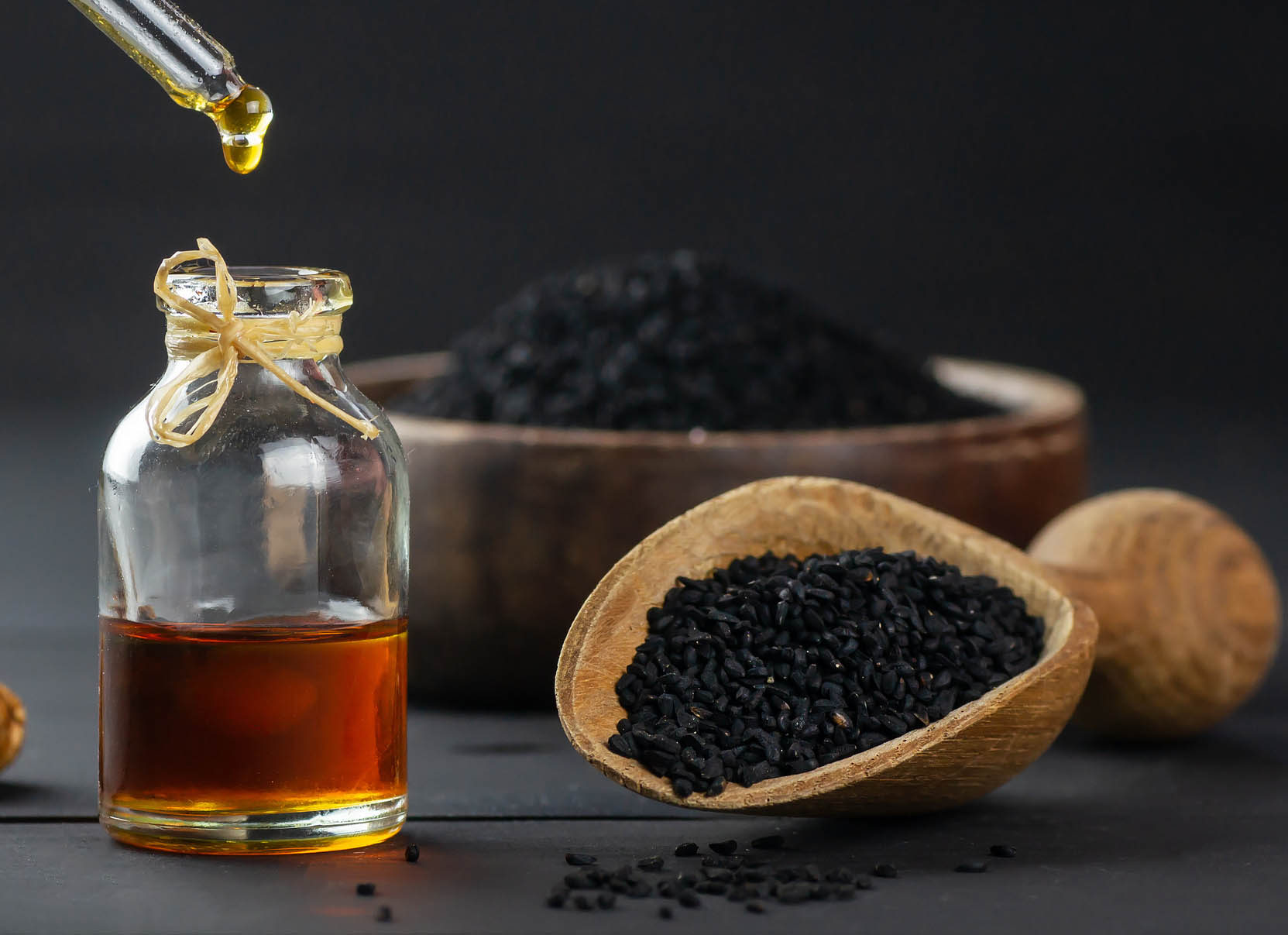Cumin Delivers Benefits and Weight Loss

 You’ll find cumin in cuisines from India to the Middle East, the Mediterranean region, Africa, China, and Central and South America.
You’ll find cumin in cuisines from India to the Middle East, the Mediterranean region, Africa, China, and Central and South America.
The earthy, savory, and slightly spicy flavor of this herb makes it a popular ingredient in curry and chili-based foods,but you’ll also find it in recipes for soup, bread, pickles, barbecue sauces, and rice dishes. Some people use the whole cumin seeds toasted to bring out a strong flavor before it’s added to salads or sauces. Others use it ground for ease of adding it to spice mixes. Other than a flavoring component, cumin has been used as a traditional medicine for thousands of years.
As a traditional medicine, cumin powder or essential oil is commonly used for the following conditions:
- to reduce levels of total and low-density lipoprotein (LDL) cholesterol and to increase high-density lipoprotein (HDL)
- as a treatment for nonalcoholic steatohepatitis (fatty liver disease)
- to treat diarrhea, stomach upset, and flatulence/gas
- to improve metabolic syndrome and balance blood sugars, supporting weight loss
 In traditional and folk medicine, the applicable part of cumin is the fruit or seed. Cumin seeds contain many different phytochemicals (antioxidants) which all have potential benefits to human health. For example, flavonoids in cumin have potentially beneficial anti-inflammatory effects. Some clinical research has shown that taking cumin can reduce levels of total LDL (bad) cholesterol and increase the level of HDL cholesterol. In these clinical trials, participants received cumin essential oil 25-100 mg daily or cumin powder 3 grams daily. While the way it works is still unclear, researchers found the unique compounds phytosterols and glycoside saponins in the cumin may explain the positive effects. Phytosterols have a similar structure to cholesterol in the human body, so they may be able to block cholesterol absorption in a positive way. Be sure to talk to your doctor before using cumin in this way; it’s best if you have a trained partner in understanding how to use herbs as medicine.
In traditional and folk medicine, the applicable part of cumin is the fruit or seed. Cumin seeds contain many different phytochemicals (antioxidants) which all have potential benefits to human health. For example, flavonoids in cumin have potentially beneficial anti-inflammatory effects. Some clinical research has shown that taking cumin can reduce levels of total LDL (bad) cholesterol and increase the level of HDL cholesterol. In these clinical trials, participants received cumin essential oil 25-100 mg daily or cumin powder 3 grams daily. While the way it works is still unclear, researchers found the unique compounds phytosterols and glycoside saponins in the cumin may explain the positive effects. Phytosterols have a similar structure to cholesterol in the human body, so they may be able to block cholesterol absorption in a positive way. Be sure to talk to your doctor before using cumin in this way; it’s best if you have a trained partner in understanding how to use herbs as medicine.
 Cumin and cumin oil are commonly found in foods around the world. They are safe to use as a flavorful ingredient for your dishes. They are also generally recognized as safe (GRAS) in the U.S. when used orally and appropriately – meaning normal amounts you would consume in food. As medicine, cumin essential oil has also been used. The oil is specifically used as a powerful antibacterial agent and is sometimes used topically. Cumin powder has been used in doses up to 3 grams daily for up to 6 months in studies. Cumin is generally safe to use, however, it has potential moderate interactions with anticoagulant/antiplatelet (blood thinning) drugs, drugs used to treat diabetes, and rifampin (used to treat tuberculosis) so always use caution and speak with your doctor or pharmacist before combining cumin medically with other medications. However, it’s usually perfectly safe to use cumin as a seasoning in food so be sure to get creative in the kitchen with this fragrant spice.
Cumin and cumin oil are commonly found in foods around the world. They are safe to use as a flavorful ingredient for your dishes. They are also generally recognized as safe (GRAS) in the U.S. when used orally and appropriately – meaning normal amounts you would consume in food. As medicine, cumin essential oil has also been used. The oil is specifically used as a powerful antibacterial agent and is sometimes used topically. Cumin powder has been used in doses up to 3 grams daily for up to 6 months in studies. Cumin is generally safe to use, however, it has potential moderate interactions with anticoagulant/antiplatelet (blood thinning) drugs, drugs used to treat diabetes, and rifampin (used to treat tuberculosis) so always use caution and speak with your doctor or pharmacist before combining cumin medically with other medications. However, it’s usually perfectly safe to use cumin as a seasoning in food so be sure to get creative in the kitchen with this fragrant spice.
How do you use cumin in cooking?
Resources